 One mark of a good writer is the ability to communicate more with less. Editors like lean prose that’s effective and clear without wasting words. Often, our writing becomes cluttered without us realizing it. Words that seem innocent enough can actually detract from what you’re trying to say and add unneeded “fluff.” So how can you create tight, lean prose? Here are some words to cut from your writing!
One mark of a good writer is the ability to communicate more with less. Editors like lean prose that’s effective and clear without wasting words. Often, our writing becomes cluttered without us realizing it. Words that seem innocent enough can actually detract from what you’re trying to say and add unneeded “fluff.” So how can you create tight, lean prose? Here are some words to cut from your writing!
NOTE: While these words can often clutter your writing, that’s not always the case. Exceptions can always be made, and it’s up to you to use your judgement to decide when a word can stay and when it needs to go.
1.Of the
“Of the” is almost always unnecessary and can be simplified.
Examples:
The owner of the restaurant.
The restaurant owner.
The wheels of the skateboard.
The skateboard’s wheels.
One of the nails came loose.
A nail came loose.
2. That
This one seems innocent enough, but again it can almost always be cut without any damage. If you have “that” in a sentence remove it, and if what’s left still makes sense then it’s unnecessary.
He said that he was coming.
He said he was coming.
Our teacher promised that there wouldn’t be any homework.
Our teacher promised there wouldn’t be any homework.
3. Adverbs
Most adverbs are either redundant or superfluous. For example:
“I have to go,” she whispered quietly.
Whispering implies being quiet, so “quietly” is redundant and can be cut.
He moved quickly across the lawn.
If we choose a strong verb the adverb becomes unnecessary and the writing becomes tighter and punchier:
He dashed across the lawn.
4. Almost/slightly/somewhat
Words like almost, slightly, somewhat, etc. aim to de-emphasize. This can weaken your writing. Observe:
The weather was somewhat hot.
The weather was balmy.
He backed up slightly.
He took a step back.
Her hair was almost soaked.
Her hair was wet.
Be as clear and direct as possible! Don’t waver in-between.
5. Really/very/quite
These words aim to emphasize, but if we choose our words carefully to begin with, they become unnecessary.
He ran really fast across the parking lot.
He bolted across the parking lot.
They had a very good time.
They had an excellent time.
The mouse was quite large.
The mouse was massive.
6. Adjectives
While not all adjectives are bad, you can usually eliminate or combine them without losing meaning. Watch out for piling on too many adjectives, and try to choose strong nouns that could replace them.
The small, fluffy, white kitten
The white kitten (small and fluffy is implied with kittens)
The large spotted dog
The dalmatian
7. Things/Stuff
Vague words like things, stuff, something, etc. should be avoided whenever possible because they do little to help the reader. Be specific to communicate clearly and give the reader a vivid picture!
She knew they needed to talk about things.
She knew they needed to talk about Max cheating with Em.
The table was littered with random art stuff.
The table was littered with pens, charcoal, paper wads, and brushes whose bristles were gummy with dried paint.
8. Most dialogue tags
Sometimes we need dialogue tags (said, shouted, whispered, etc.) to let us know who’s speaking. But often we can use character actions to communicate the same information in place of dialogue tags, or drop both altogether. For example:
Derek shoved his sweet potatoes around his plate. “I’m not hungry.”
His mother sighed. “Stop being picky.”
“I’m not picky. Potatoes shouldn’t be orange.”
“It’s good for you.”
“I don’t trust orange food.” He shoved his plate away.
There wasn’t a single dialogue tag in that conversation but you probably didn’t have any trouble following who was saying what. When you do find yourself in need of a dialogue tag, it’s usually best to use said over words like intoned, stated, etc.
9. Thought/realized/wondered
Just like with dialogue tags, we can communicate a character’s thoughts without words like realized, wondered, pondered, etc. I have a more detailed article explaining how to communicate a character’s thoughts which you can read here.
10. Then
This is a sneaky clutter word that can often be cut from your writing without changing its meaning.
Sara called a cab and then grabbed her coat.
Sara called a cab and grabbed her coat.
Do you struggle with any of these clutter words? Are there any other words you avoid? Let me know in the comments below!










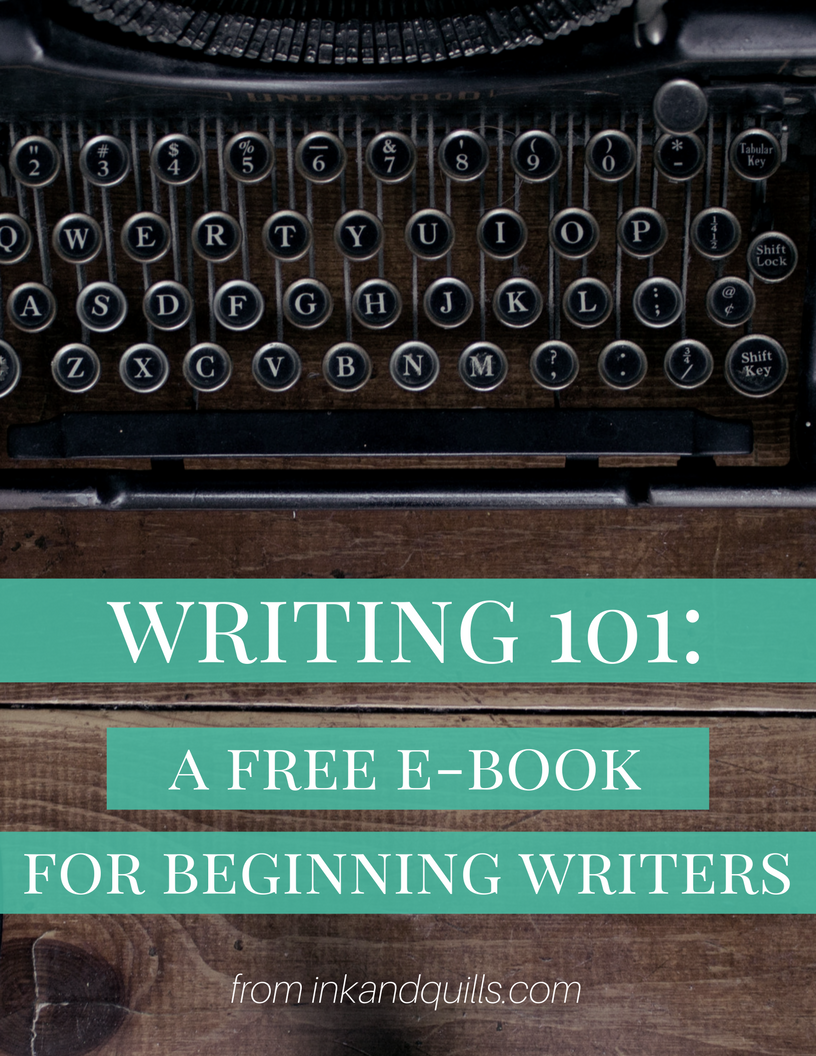

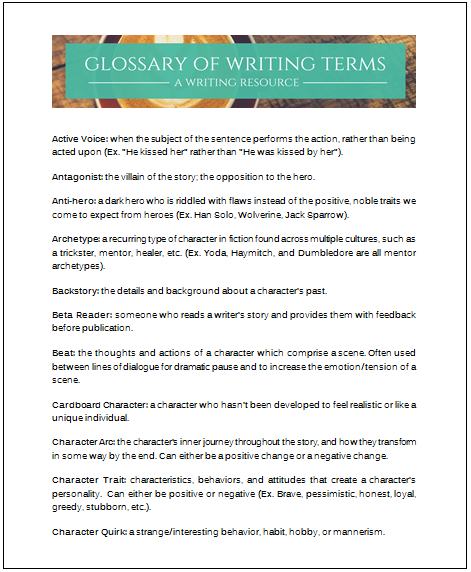

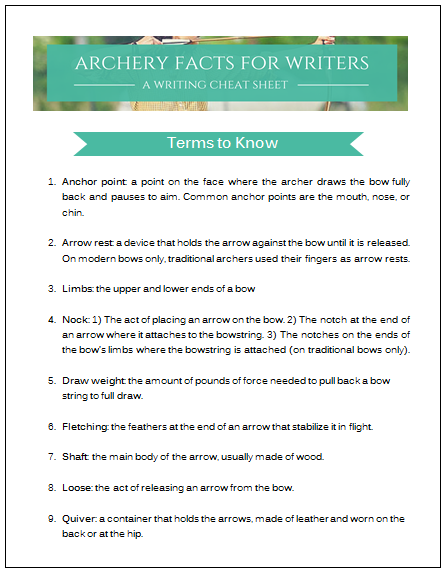



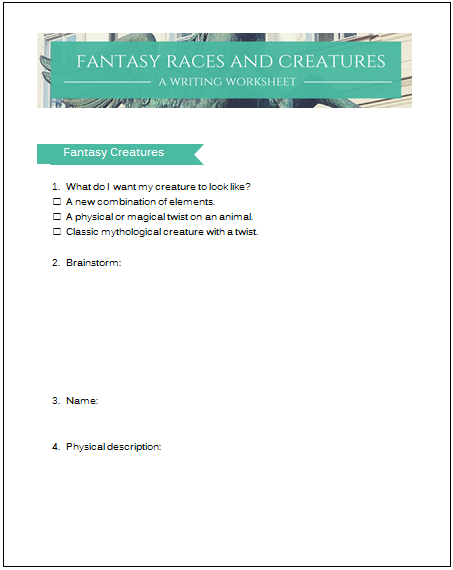


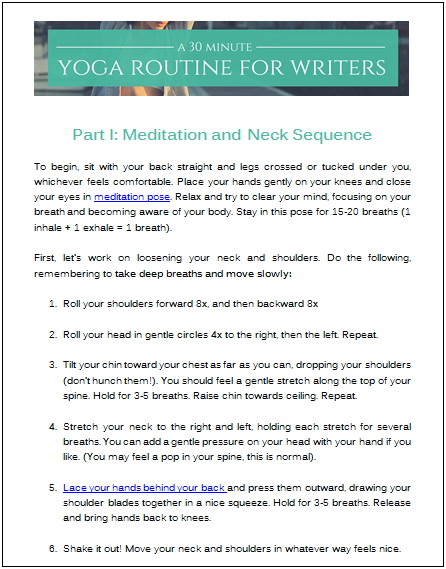
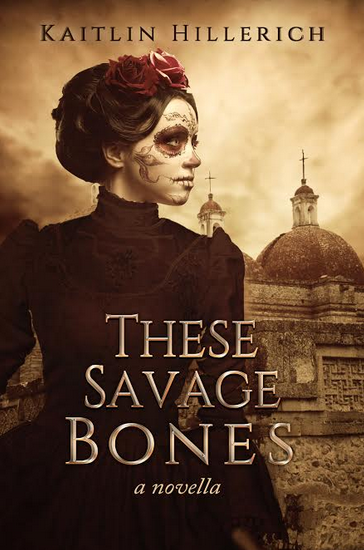
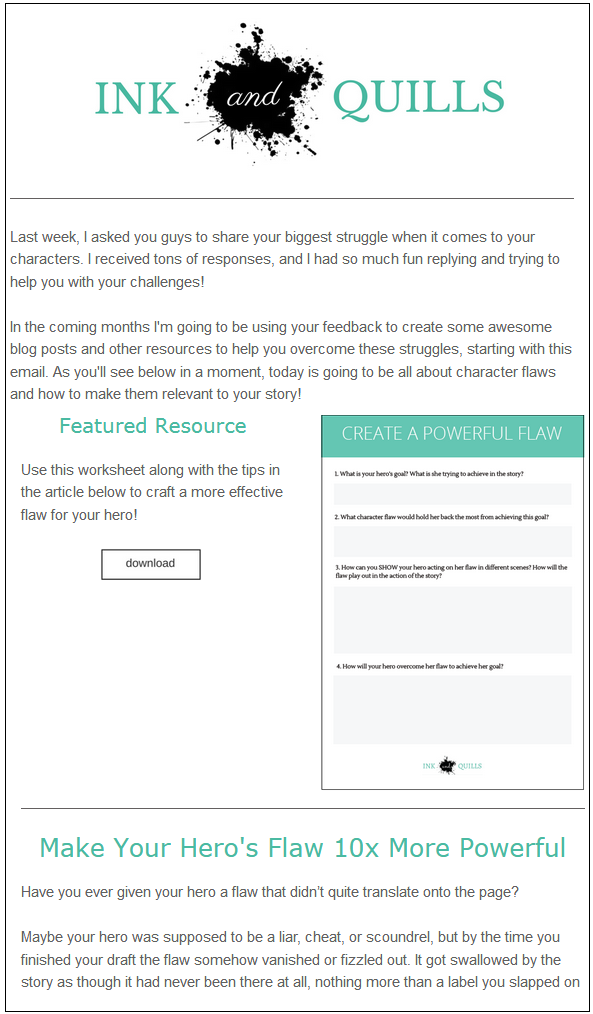
Hi!
This isn’t anything about your post, but can you help me?
I want some kind of religion/gods to my fantasy world. I’m not sure if te gods really exist or not in my world, but I want my characters to believe they exist. It just… makes the whole thing more interesting when the characters believe in something…
Can you help me?
Hi Miuku! I get what you’re saying, adding a religion/belief system to a fantasy world definitely helps to become more detailed and realistic! After all, in real life there are a variety of religions across cultures. I don’t think it matters if the gods are real or not unless it directly involves the story. If faith plays a huge part in the story, then you might have to reveal whether or not they actually exist. Otherwise, the religion could just be another layer to your fantasy world and the existence of the gods left ambiguous. Leaving the question of whether or not they exist unanswered can also mimic religion in real life–no one actually sees the deity, yet people still believe in it. That plays into the element of faith. Also, here’s an article on creating a belief system for a fantasy world that looks useful: http://mythcreants.com/blog/creating-religions-belief-systems/
Hope that helps! 🙂
I’m not sure if I am posting a comment correctly, but I have to try! I just found your site on Pinterest. You have wonderful and helpful information on here! I am thrilled to have discovered this. I am currently earning a Bachelor of Arts in English with the University of Phoenix. I hope to write professionally someday soon. While there are numerous sites in how to do this, few offer valid, useful, and PRACTICAL tips on how to write better. I notice prompts aplenty, sure. But much of the advice and “help” offered out there is only practical if you are already proficient. I am learning. I lack experience. Your site is refreshingly realistic. Your advice and tips are actually logical and applicable for the beginner simply seeking the abilty to write better. I am willing to work hard and am grateful to have found your site. Thank you. —
I’ve heard that “had” is a pretty big clutter word. Apparently, it jerks the tense of writing and can disorient and even confuse the reader if used too many times. I went through my writing and realized I used that word a lot, but it’s easy to cut from a sentence, almost as if it were “that” or “then.”
That’s interesting, I can see how it could be confusing. Seems like a simple one to fix though 😉
Love, love, love this post! I’m pining it for future reference when I edit my novel! 🙂
I always cut, ‘all of a sudden’. My writing has never lost anything after. There may be a case made for it by someone in some extreme situation, but for me, it just needs to go.
Oh yes, that’s another good one! I usually try to cut that one out as well, along with “suddenly.”
Many moons ago my English teacher told us never to use “all of a sudden”. She said it’s meaningless and all these years later I still never use the expression writing or speaking
I really dislike of in this context. They came out of the door.
I can’t help counting the number of useless ofs
Thanks this is a really useful post . Thank you